Posted on 12/30/2023
.jpeg)
In the daily course of life, cars have cemented their position as reliable companions, carrying us to and fro with unwavering dedication. This symbiotic relationship, which is often accompanied by the hum of the engine, is united in its desire for efficiency. The quest for fuel efficiency is not just a means of saving money, but also a way to make a small yet significant contribution to the environment. 1. Mindful Driving Habits The first step to fuel efficiency lies in the gentle balance between you and the accelerator. Avoid abrupt starts and stops, and maintain a steady speed. Aggressive driving not only compromises safety but also guzzles more fuel. Embrace a calm, patient driving style, allowing your vehicle to operate at its most efficient pace. 2. Regular Maintenance Checks A well-maintained vehicle is an efficient vehicle ... read more
Posted on 11/27/2023
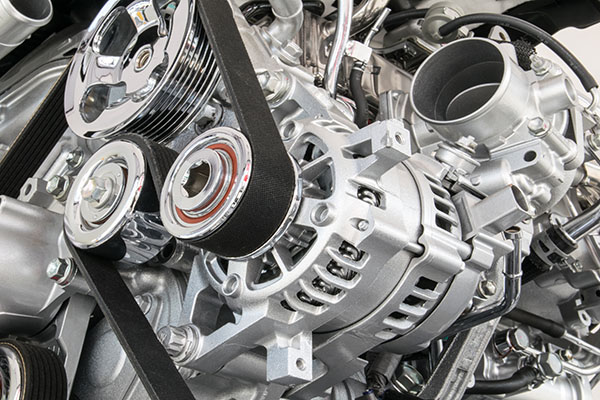
You turn your car key or push the start button... and nothing happens. That silence can be frustrating, right? You immediately realize that the intricate process between your car's battery and starter has missed a step. Understanding how these two critical components are connected could save you from being stranded and ensure your day remains on track. The Electric Duo - Battery and Starter The relationship between a car's battery and starter is one of pure symbiosis, each relying on the other to perform their roles flawlessly. The battery is your vehicle's reservoir of electrical power, a box of potential energy waiting for its cue to electrify your car's systems. In contrast, the starter is akin to a valiant knight; it springs into action when called upon, wielding electric current as its sword to awaken your engine from its slumber. Turning ... read more
Posted on 10/31/2023

Behind the seamless steering and control lies the intricate power steering system, a crucial component that enhances driving comfort and precision. Understanding the various types of power steering systems and the essential maintenance practices for each can not only prolong their lifespan but also ensure your continued enjoyment of a smooth and responsive driving experience. Explore the many types of power steering systems below, and learn the essential techniques for preserving their peak performance so that each turn of the wheel is smooth and controlled.Hydraulic Power SteeringOne of the most traditional power steering systems, hydraulic power steering relies on a hydraulic pump, powered by the engine, to assist in steering. Regular maintenance of this system involves checking the power steering fluid levels a ... read more
Posted on 9/30/2023
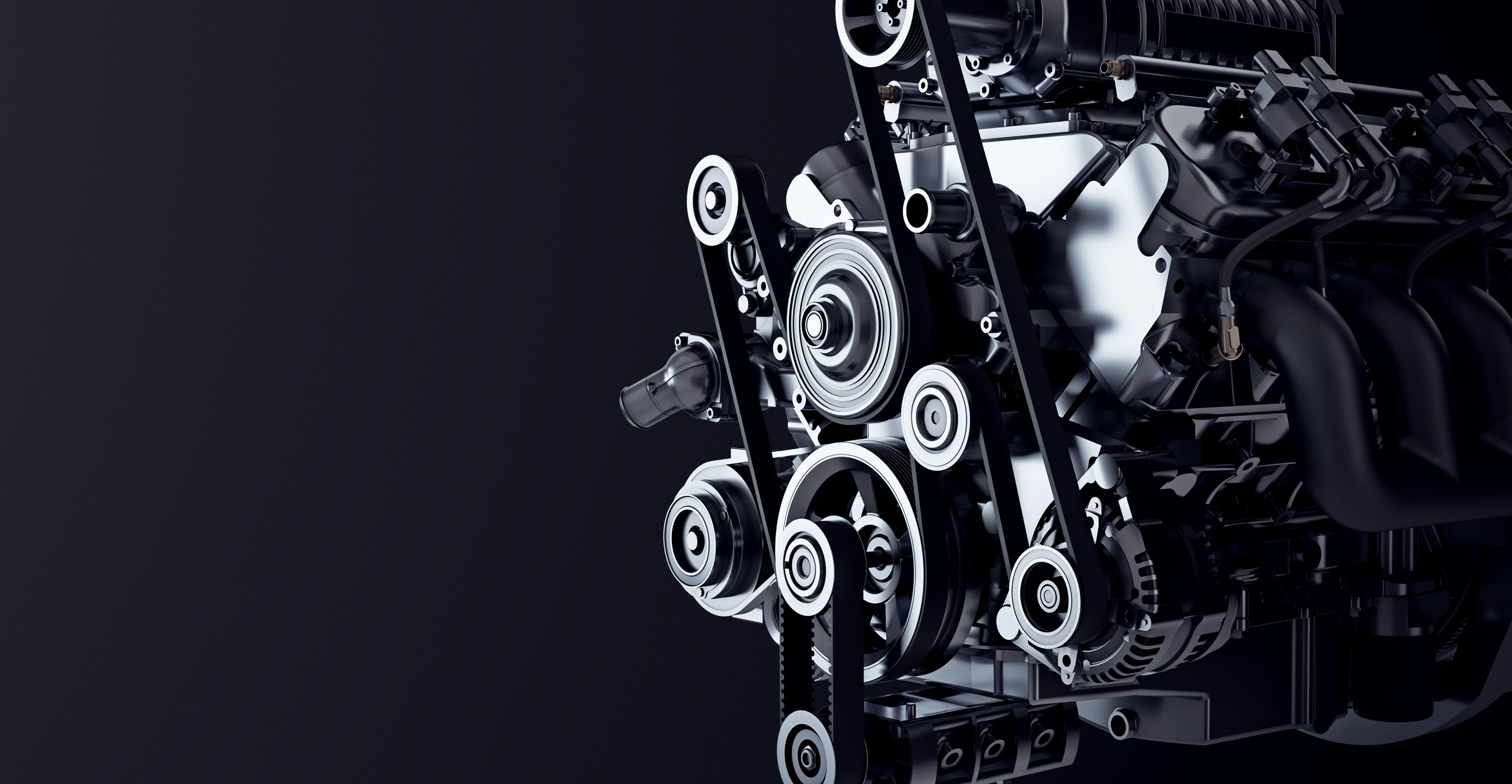
When it comes to Ford Mustangs, there's one variant that stands head and shoulders above the rest—a true embodiment of American muscle and engineering prowess. The Ford Mustang Shelby GT500, with its supercharged V8 engine and track-inspired features, is more than just a car; it's a statement of power and performance. The Heart of a Beast: The Supercharged V8 Engine Under the hood of the Shelby GT500 resides a monstrous 5.2-liter supercharged V8 engine, hand-assembled and tuned for sheer dominance. Here's what sets it apart: Horsepower The Shelby GT500 roars to life with an astounding 760 horsepower. It's not just the most powerful Mustang; it's among the most potent production cars in the world. Torque With 625 lb-ft of torque, this engine launches you from 0 to 60 mph in a jaw-dropping 3.3 seconds. It's a rush of acceleration that leaves no room for hesitation. Supercharger The ... read more
Posted on 8/31/2023
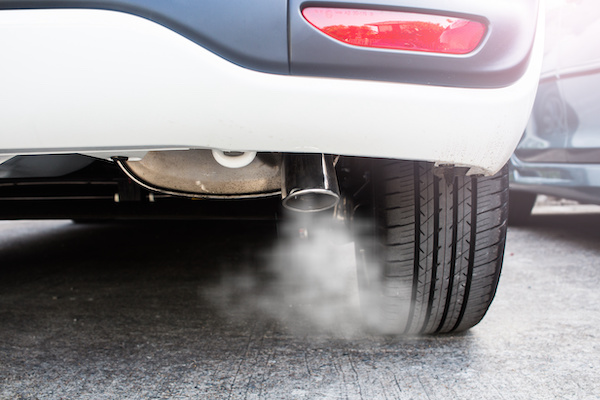
Your vehicle's exhaust system isn't just responsible for carrying away gasses – it also communicates important clues about your engine's health. The color of exhaust smoke can be a telltale sign of underlying issues, helping you diagnose problems before they become major headaches. Let's break down the smoke signals and what they mean: 1. White Smoke: If your exhaust is puffing out white smoke, it could indicate a few different scenarios: Cold Weather Start: A small amount of white smoke during cold weather is normal and usually harmless. Coolant Leak: White smoke accompanied by a sweet smell could signal a coolant leak, potentially caused by a damaged head gasket or a cracked engine block. Burning Transmission Fluid: If you have an automatic transmission, white smoke might indicate that transmission fluid is burning in the engine. 2. Blue Smoke ... read more
Posted on 7/31/2023
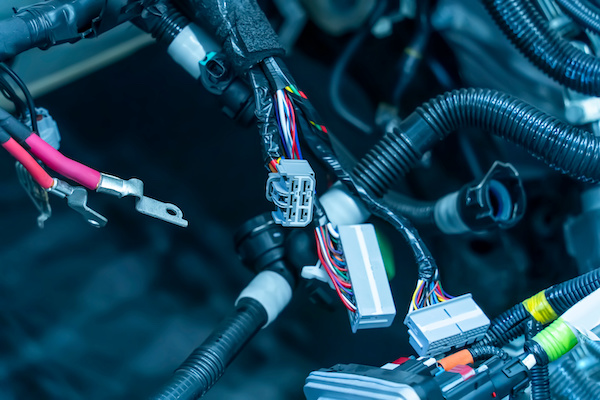
The evolution of the motor industry has seen the introduction of complex electrical systems in the car. Most cars today rely on a start button that relies on electricity to start and stop its engine. Your car's electrical system is important as it controls the windows, mirrors, AC, and infotainment system. Over time, your car may develop electrical issues, which are challenging to troubleshoot, especially without the necessary tools. Here is a guide to help troubleshoot and fix common car electrical problems. Checking the Battery A dead or dying battery is one of the most common car electrical problems. This issue can cause the car not to start, dimmed headlights, or other electrical components not to work. You need a voltmeter to troubleshoot the problems with your battery. A reading below 12 Volts shows that your battery is dead or dying. Testing the Alternator The alternator is one of the most important components in your car's electrical system. It's responsible fo ... read more
Posted on 6/30/2023

The market is flooded with multiple oil options that you can choose for your car. However, not all oils are equal. Your choice should depend on the car manufacturer, driving environment, viscosity grade, and oil standards. Besides, you should not compromise quality for price. After all, you want your engine to perform at its best and with minimal breakdowns. Choosing synthetic oil could be the best option because of the following. Fewer Impurities Most mineral oils are from natural sources, meaning they contain impurities that affect their performance. However, synthetic oils are produced from artificial products, hence having fewer impurities. This enhances the oil's performance and service life. Reduced Friction Friction is a major culprit when it comes to engine damage. Fortunately, synthetic oils have a molecular structure that minimizes engine friction. They are also free of impurities that often build up and cause the engine to malfunction. That means your engine will ru ... read more
Posted on 5/30/2023
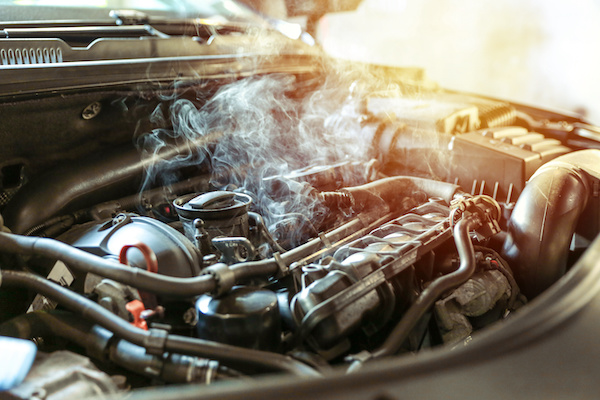
Your car's engine is the heart of the vehicle, and it's important to keep it running at the right temperature. An overheated engine can cause significant damage, and it's not something you want to experience while driving. If you want to learn of ways to fend against an overheating engine, keep reading. Check the Coolant Level The coolant in your car's engine plays a crucial role in keeping it at the right temperature. Check the coolant levels often and top it up if necessary. Just be sure to use the right type of coolant for your vehicle, or else it can do more harm than good. Monitor the Temperature Gauge Most modern cars have a temperature gauge that shows the engine's temperature. Keep an eye on the gauge and stop the car immediately if it starts to climb into the danger zone. Keep the Radiator Clean The radiator is accountable for dissipating the heat from the engine. Make sure it is clean and free from debris that can block the airflow. You can clean th ... read more
Posted on 4/13/2023
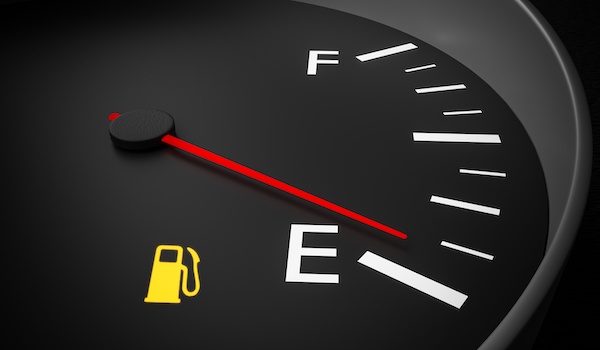
Like many drivers, you may have heard the old myth that it's frowned upon to let your fuel level get too low before filling up. Some believe that running on a low tank can damage your fuel pump or even clog your fuel injectors. But is this really true, or is it just a myth? The truth is that running your fuel level too low can cause problems for your car in the short and long term. Here's what you need to know: Potential Short-Term Problems: Stalling: When your fuel level gets too low, your engine may not be able to get enough fuel to keep running, and it may stall out. Reduced Performance: As the fuel level drops, your car may start to experience reduced performance, especially during acceleration. Fuel Pump Damage: Running your car on a low fuel level can cause your fuel pump to work harder, which can lead to premature wear and even damage. Potential Long-term Problems: Fuel Injector Clogging: Ove ... read more
Posted on 3/30/2023

Off-roading is an exciting and thrilling activity, but it can also strain your vehicle excessively. If you are an off-roading enthusiast, you may be familiar with the common repairs your vehicle may require. At our auto repair shop, we have seen all sorts of issues that arise from off-roading. Our certified techs can assist you with the following repairs: Suspension issues: Your vehicle's suspension is designed to absorb shocks and vibrations that come with off-roading. However, when you are driving on rough terrains or over obstacles, your suspension can take an extra beating. You may notice your vehicle bouncing excessively, or it may feel like it is sagging in one corner. These are key signs that your suspension needs repairs. Suspension repairs may involve replacing worn-out shocks or struts, bushings, ball joints, or control arms. Damaged undercarriage: When you are off-roading, rocks, boulders, and other obstacles can damage the undercarria ... read more